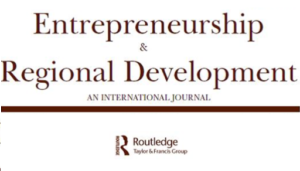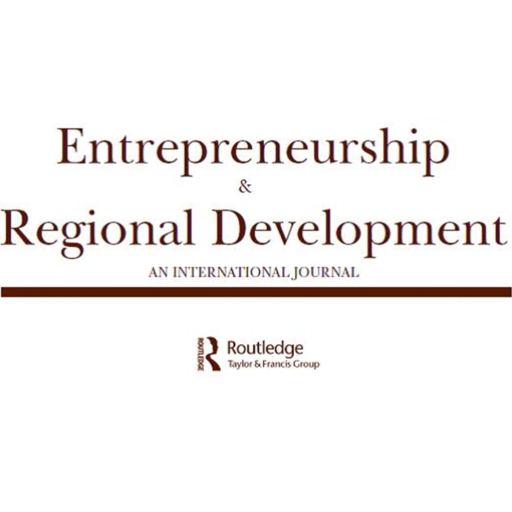Episode 100 – Shireen Kanji – Gendered transitions to self-employment and business ownership: a linked-lives perspective
We apply the sociological lens of linked lives to show how household contexts channel transitions to self-employment in ways strongly differentiated by gender. We investigate the impact of demographic transitions to marriage, cohabitation and having children on the transition to self-employment using fixed-effects models on 10 waves of the UK’s nationally representative survey, Understanding Society. Men’s transitions to self-employment and separately to business ownership are remarkably impervious to the arrival of a new child in the household. In contrast, second births raise the odds of self-employment for women and have a strong and statistically significant association with business ownership, highlighting the role of birth parity as a household influence. Within the subset of opposite-sex couples, lives are indeed linked: a partner’s long hours precipitate the other partner’s transition into self-employment for men and women. However, the effect is asymmetric to the extent that women are much more likely to have a partner working long hours. Marriage is associated with a much higher likelihood of transitioning to business ownership for both men and women, which does not hold for self-employment overall.
Full article available on Taylor & Francis website: https://www.tandfonline.com/doi/full/10.1080/08985626.2024.2310107


